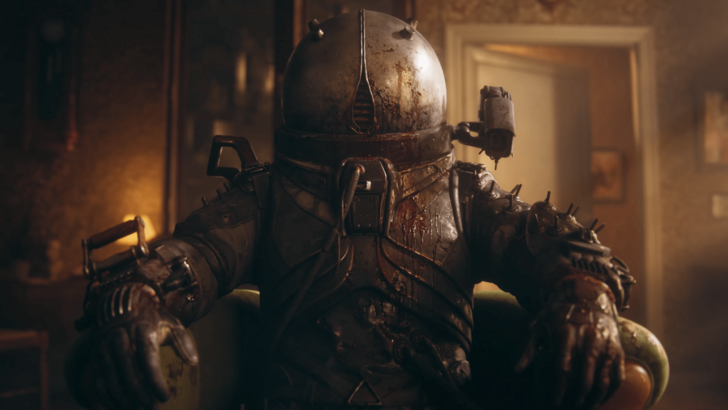At the DICE Summit in Las Vegas, Naughty Dog's Neil Druckmann and Sony Santa Monica's Cory Barlog discussed the pervasive theme of doubt in game development. Their hour-long conversation covered personal anxieties, creative processes, and the challenges of sequels.
A question regarding character development across multiple games prompted a surprising response from Druckmann: he doesn't plan sequels. He focuses intensely on the current project, treating each game as a standalone experience. While occasional sequel ideas might surface, he prioritizes fully realizing the current game's potential, rather than saving concepts for future installments. He explained his approach to sequels as a retrospective process, identifying unresolved elements and exploring new directions for characters. If no compelling path exists, he suggests the characters' narrative might conclude. He cited the Uncharted series as an example, emphasizing the iterative nature of their development. Each game built upon the previous one, finding new challenges and directions for Nathan Drake without pre-planned long-term arcs.
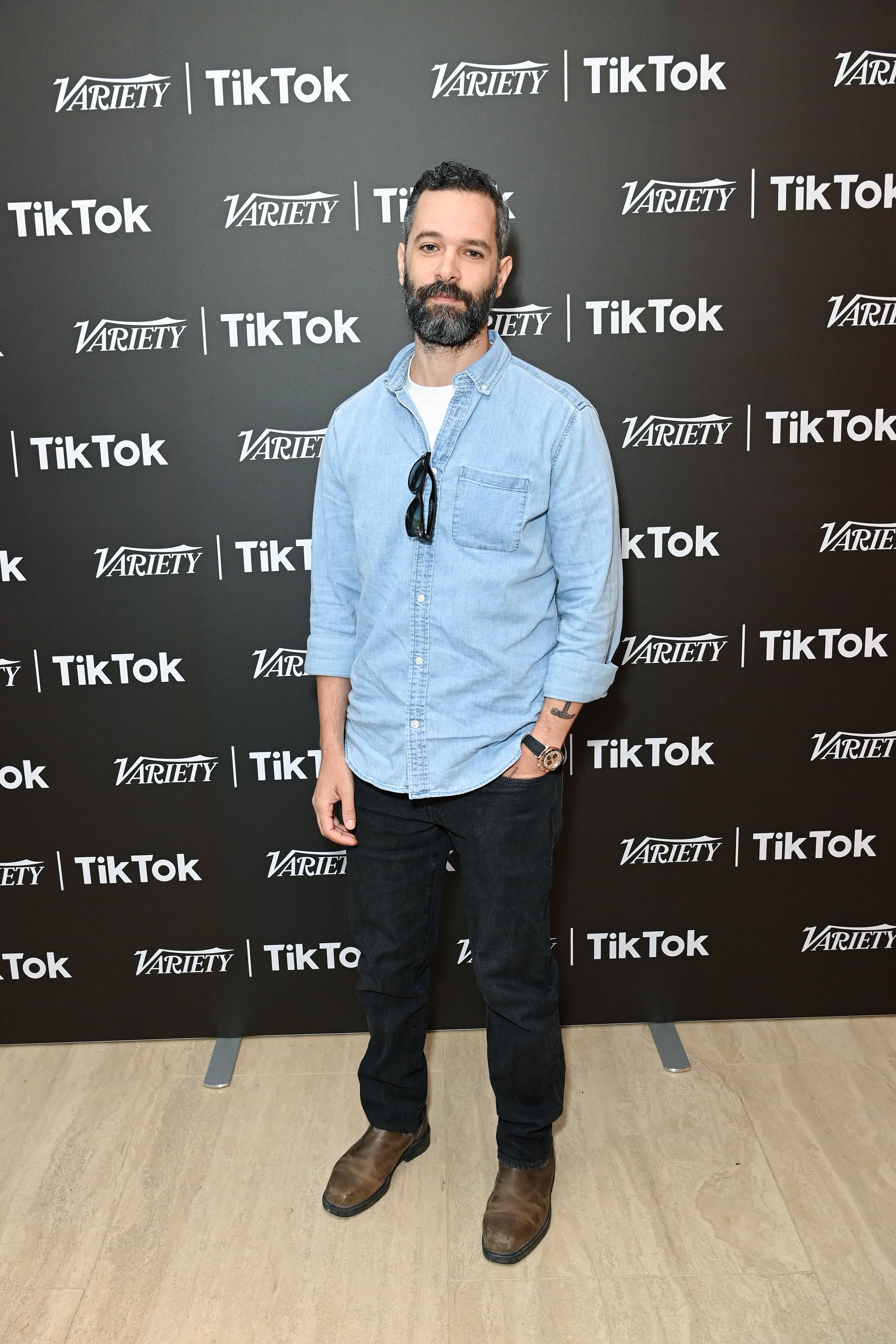
Barlog, conversely, revealed a meticulously planned, interconnected approach, comparing his process to a complex conspiracy board. He enjoys connecting current projects to ideas conceived years prior, despite acknowledging the inherent stress and potential for setbacks due to shifting teams and evolving perspectives.
Druckmann countered that such long-term planning requires a level of confidence he doesn't possess, preferring to concentrate on immediate tasks.
The conversation shifted to the driving forces behind their careers. Druckmann emphasized his enduring passion for game development, citing an anecdote with Pedro Pascal, who described the creative process as the reason he wakes up each morning. Despite the immense pressure and negativity, Druckmann finds fulfillment in creating games and fostering talent within his team.
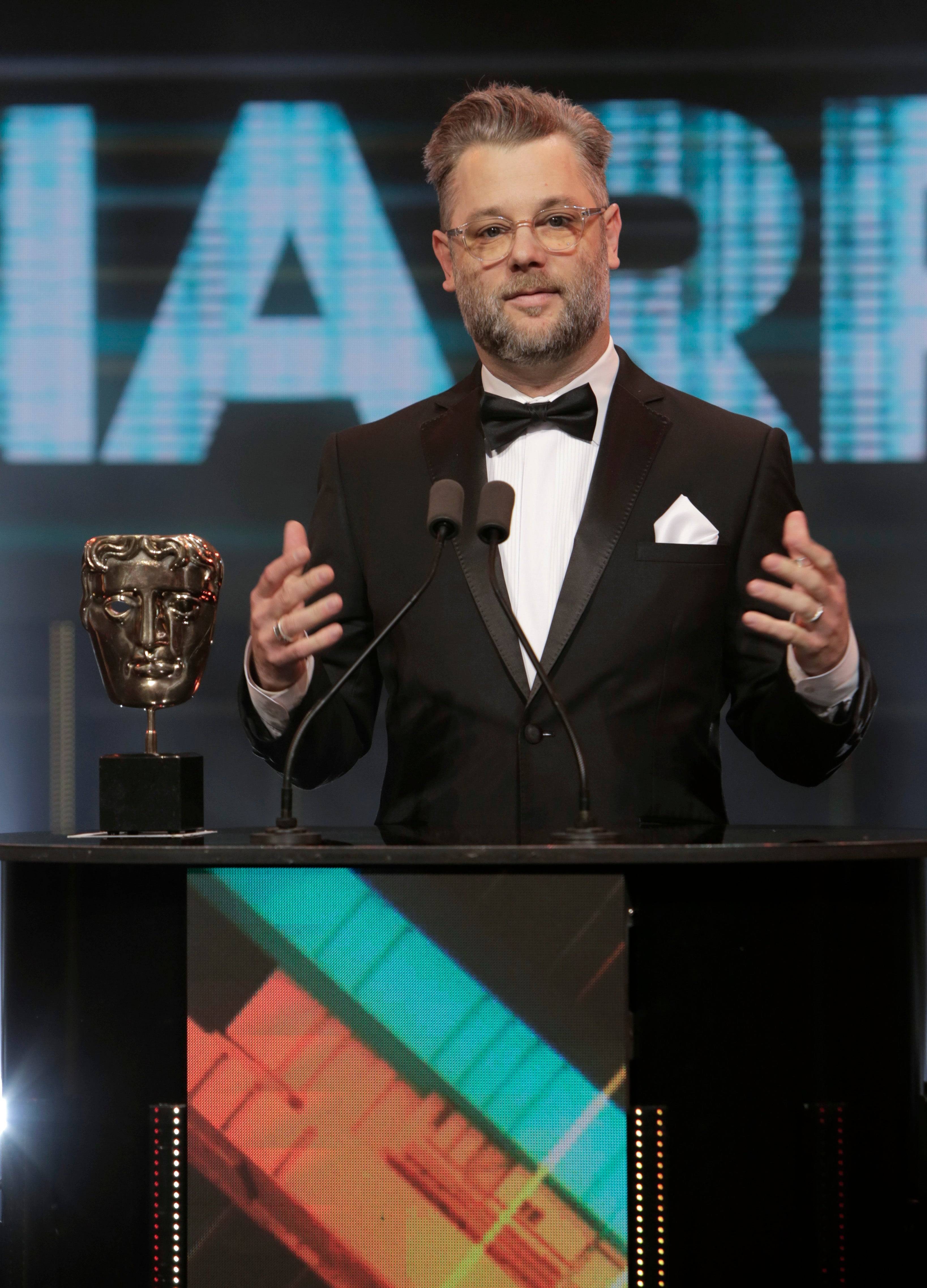
Provoked by a question about the sustainability of their relentless drive, Barlog candidly described the insatiable nature of his creative ambition. Reaching milestones only fuels the desire for further achievements, a cycle he acknowledges as both exhilarating and exhausting. He highlighted the internal pressure to constantly strive for more, even after significant accomplishments.
Druckmann expressed a similar sentiment but with a more measured approach, emphasizing the eventual creation of opportunities for others as he gradually reduces his direct involvement. He plans to eventually step back, allowing others to take the reins. Barlog's humorous response to this was a playful declaration of retirement.
 Home
Home  Navigation
Navigation






 Latest Articles
Latest Articles


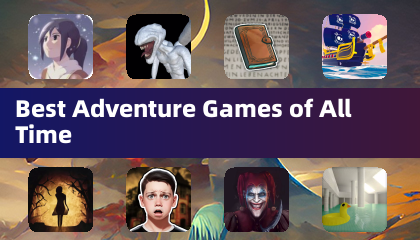

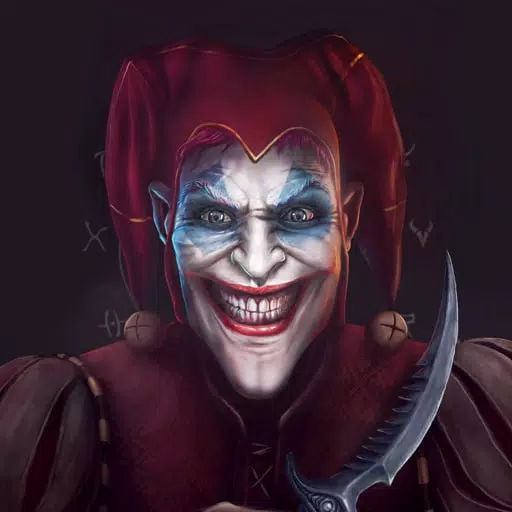





 Latest Games
Latest Games











